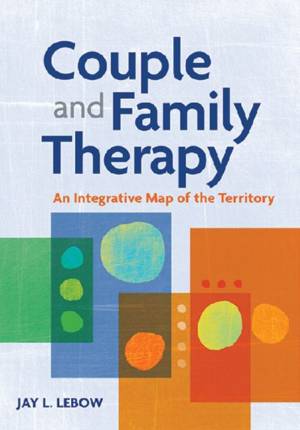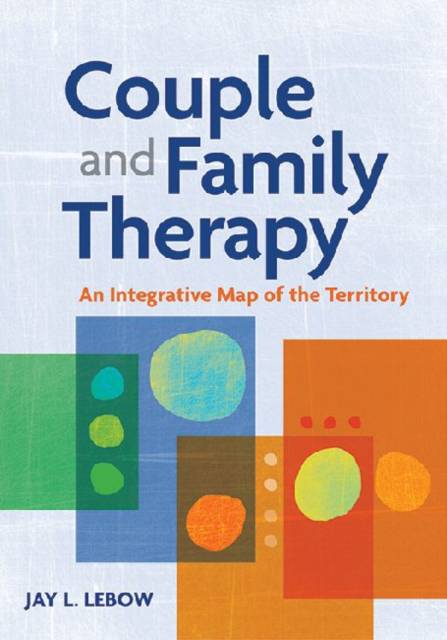
- Retrait gratuit dans votre magasin Club
- 7.000.000 titres dans notre catalogue
- Payer en toute sécurité
- Toujours un magasin près de chez vous
- Retrait gratuit dans votre magasin Club
- 7.000.000 titres dans notre catalogue
- Payer en toute sécurité
- Toujours un magasin près de chez vous
86,45 €
+ 172 points
Description
When selecting treatment for their clients, couple and family therapists are faced with a bewildering array of competing models. On closer inspection, the most effective of these approaches share common elements. This book surveys the state of the science and practice of today's couple and family therapy, looking beyond single models of treatment to instead present an integrative view of the field and its methods of practice. In describing how the field has evolved over the years, Jay Lebow articulates a core set of shared elements from which therapists can shape their own best methods of practice. His pragmatic view assumes that family functioning and problems are multilayered, and he advocates an individualized approach to each family based on what is occurring in the system. Areas of disagreement among couple and family therapists are described; so too are some of the ethical questions and areas of value conflicts that arise in this field of therapy. Readers will come away from this book with a clear sense of when couple and family therapy is the treatment of choice, what is known to work in therapy, and what is still debated.
Spécifications
Parties prenantes
- Auteur(s) :
- Editeur:
Contenu
- Nombre de pages :
- 312
- Langue:
- Anglais
Caractéristiques
- EAN:
- 9781433813627
- Date de parution :
- 15-08-13
- Format:
- Livre relié
- Format numérique:
- Ongenaaid / garenloos gebonden
- Dimensions :
- 178 mm x 254 mm
- Poids :
- 703 g







